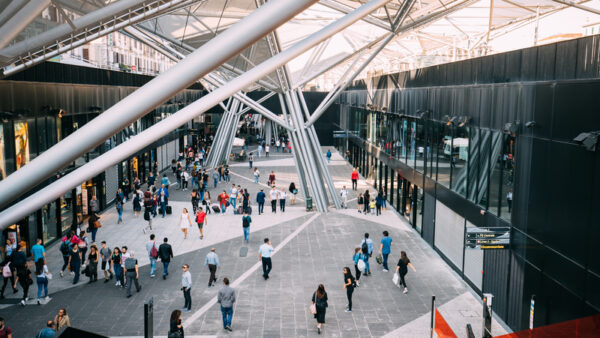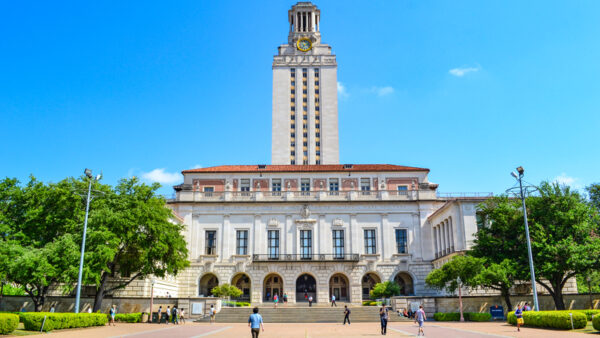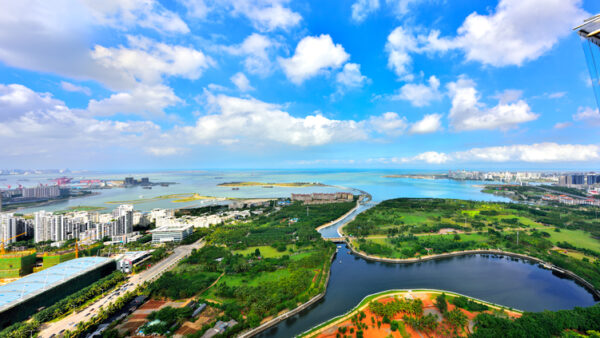
With new powers to develop independent electricity supplies, the Nigerian state of Lagos has invited bidders to express interest in building a series of gas-fuelled power plants totaling 4GW of generating capacity, Business Nigeria reports.
The state’s “Clean Lagos Electricity Market” plan envisages four power generation hubs, each able to produce at least 500MW.
Under the plan, they’ll be financed and built by private companies in return for power-purchase agreements.
Nigeria’s electricity system has lagged behind its economic development, largely because of its weak transmission and distribution system.
The country has enough gas and back-up oil turbines to generate 13GW, but the grid is only able to carry 4GW.
Around 60% of the population has access to grid power, but they suffer frequent outages.
Last week, the country suffered its tenth national collapse of the year so far.
The outages paralyse essential services, from telecoms and internet to ATMs and traffic lights.
Many people and companies rely on diesel generators, which are expensive, noisy and polluting.
With a population of more than 20 million, Lagos state needs 6GW of electricity but receives only 2GW from the grid.
Lagos’ plans follow a decision last year by new President Bola Tinubu to let state governments generate and distribute their own power.
In the past, the federal government has had exclusive rights over the sector.
Other regions are following suit. As well as Lagos, Osun and Eketi states in the southwest are considering ways to create independent power systems.
In Ekiti, the state government has already granted operational licences to 14 investors in the electricity sector.
- Subscribe here to get stories about construction around the world in your inbox three times a week
Further reading:






